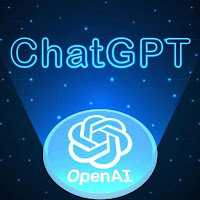Ethical Implications of Advanced Language AI Models - OpenAI - ChatGPT

Advanced language AI models, such as ChatGPT developed by OpenAI, have the potential to significantly transform the world of the internet by enhancing communication, content creation, and online services. These models can generate human-like responses to text-based inputs, which can improve customer service chatbots, language translation tools, and even content creation for blogs or social media. They support more personalized interactions between people and machines, allowing for more efficient communication. Additionally, advanced language models can assist in data analysis and decision-making by processing large volumes of text-based data. “Great power comes with Great responsibility!!!” The use of these advanced language models can have unintended and unethical impacts. This blog post explores the potential ethical issues associated with advanced language models and their implications across various domains such as the spread of misinformation or malicious...
